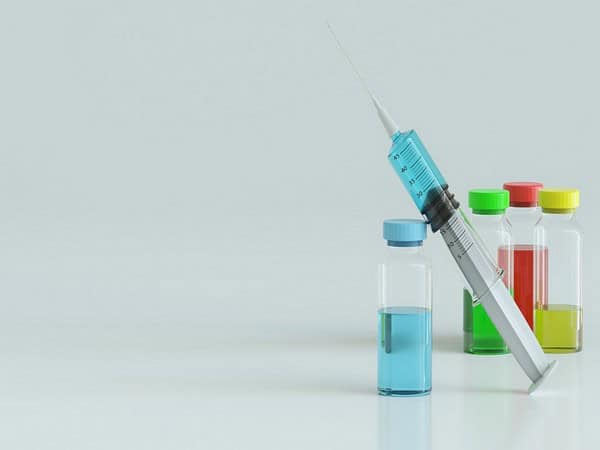New Delhi: Andhra Pradesh is the first state in India to have come out with a policy around Auto Disable (AD) syringes. In the national capital, many of the central government hospitals are already using the Re-Use Prevention (RUP) syringes though the proportion of their usage is limited.
Acknowledging the fact that unsafe injection practices propagate Hepatitis and other blood borne pathogens, the World Health Organisation had released its policy guidance on the use of safety syringes long back.
Under this, WHO has recommended exclusive use of the Re-Use Prevention syringes for all therapeutic purposes in addition to its use for immunisation. The WHO also urged the use of Sharps Injury Prevention (SIP) devices to avoid Needles Stick Injuries (NSIs).
In more than six studies across India, NSIs have been found to be occurring in the range of 25 percent – 40 percent among the studied population, where in mostly the NSIs occurred at least once in the preceding year of the study.
WHO statistics show that 33 percent of Hepatitis B infections and 42 percent of Hepatitis C infections globally are attributable to unsafe injections in developing countries like India, making it a serious health hazard.
A comprehensive Health Technology Assessment (HTA) study done by PGI Chandigarh on behalf of Department of Health Research quantifies the high morbidity from re-use of syringes and from needle stick injuries and demonstrates cost-effectiveness of Auto Disable (AD) syringes.
Taking cognisance of this report, Government of Andhra Pradesh decided to make usage of AD syringes mandatory for all clinical purposes as they aim to make the state a Safe Injection State with effect from July 28, 2018, the World Hepatitis Day.
Dr. Ranju Singh, Lady Harding’s medical college commented, “We have been using RUP syringes since 2013, even before WHO issued recommendations to this effect. These are well accepted and all our staff is trained to use them. They feel satisfied that there is no risk of even accidental reuse of such syringes by anyone.”
However, lot of healthcare institutions need to have the same approach to increase patient outcome.
Punjab state has been adopted by the WHO India under their Injection Safety Implementation pilot. The state has been undertaking many measures to strengthen the Safe Injection ecosystem including the adoption of RUP syringes.
Dr. Rajesh Bhaskar, Nodal officer of State Injection Safety project of Punjab added, “RUP syringes have been well accepted in Punjab. We have ensured that all staff is trained and understands the importance of locking the syringe after use else this may get accidentally reused by anyone. State government has been requested to expand the project including the use of RUP syringes.”
Infection prevention and control is an important public health priority, especially in low and middle-income countries. Poor practices in hospitals act as an amplifier for infections.
As per India’s National Patient Safety Implementation Framework (2018-25) released in April 2018, one in ten patients acquire Healthcare Associated Infections (HAIs) while receiving care in developing countries. Re-use of medical syringes and Needle Stick Injuries (NSIs) continues to be a matter of serious concern as it poses grave health risks both to the patient as well as to health care professionals.
(ANI)

